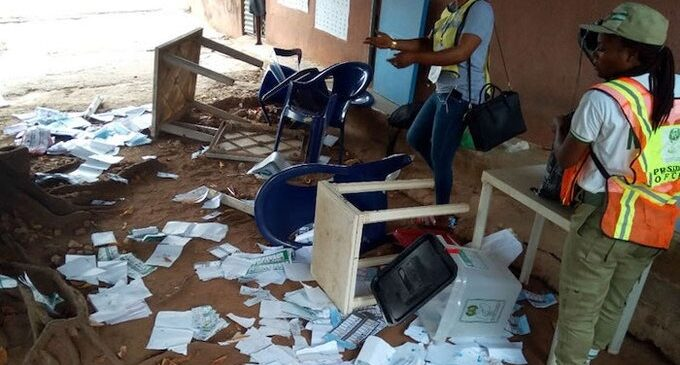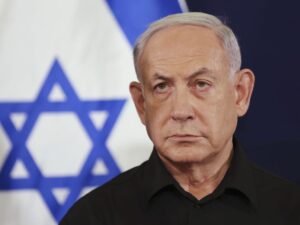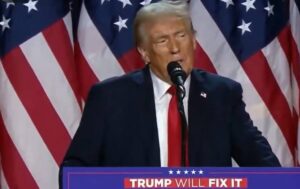
The European Union Election Observation Mission (EU-EOM) says there were at least 21 reported deaths in the just concluded general election.
The election monitoring group said the fatalities were recorded on election day.
In its second preliminary report released on Monday, the EU-EOM said there were “multiple incidents of thuggery and intimidation” that interrupted polls in several voting units across the country on election day.
The EU-EOM said, “obstruction and organised violence limited the free expression of the will of the voters, despite efforts by civil society to promote democratic standards”.
It also said vote-buying was recorded in the election, affecting the proper conduct of the exercise.
“The 25 February post-election environment was largely peaceful, with parties appealing to supporters for calm. However, a few days before the 18 March elections, violence abruptly increased with more than a dozen attacks and abductions of candidates by thugs and unidentified gunmen, some of which resulted in fatalities. Violence shortly before and on election day appeared to strategically suppress voter participation,” the report reads.
“Overall, on election day, multiple incidents of thuggery and intimidation interrupted polling in various locations, primarily across the south but also in states in the central and northern areas. There were reportedly some 21 fatalities. In polling units in several states, violent incidents targeted voters, INEC personnel, citizen observers, and journalists.
“Most polling units opened with materials and personnel deployed on time, although a dismal level of voter participation meant less pressure on INEC operations throughout the day. Vote-buying, also observed by EU EOM observers, further detracted from the appropriate conduct of the elections.”
The election observers said journalists were attacked while carrying out their duty and that security operatives turned blind eyes instead of prosecuting the attackers.
“Law enforcement agencies failed to prosecute persons who attacked, intimidated or harassed journalists during or after the presidential polls in at least five southern states with fiercely contested state-level races,” the EU-EOM said.
“In two further states, police arrested two journalists on bogus charges. EU EOM observers confirmed 10 incidents involving media; only in one instance, police opened a case.
“Impunity encouraged by police inaction is detrimental to freedom of expression, particularly as independent and trusted outlets are targeted. This does not accord with Nigeria’s regional and international commitments to the protection of the media.”




